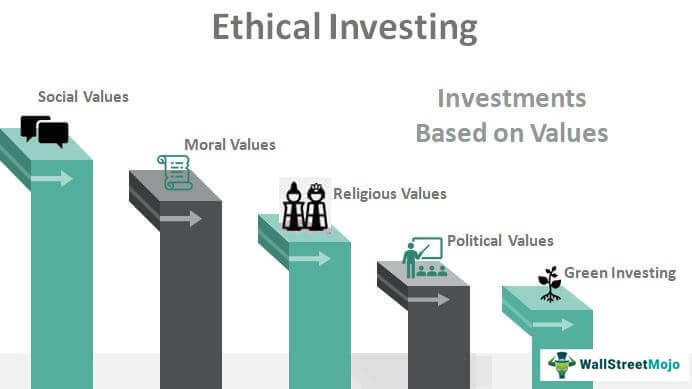Corporate sustainability has become an increasingly important factor in ethical investing. With the growing concern for environmental, social, and governance (ESG) issues, ethical investors pay closer attention to a company’s ecological and societal impact.
Ethical investing refers to investing in companies that meet specific ethical standards, such as those that promote sustainability, social responsibility, and environmental stewardship.
In this article, we explore the role of corporate sustainability in ethical investing, its benefits and challenges, and the role of ethical investors in promoting sustainability.
Benefits of Corporate Sustainability
Companies prioritizing sustainability often have better financial performance and create long-term shareholder value. By integrating sustainability into their operations, companies can reduce their environmental and societal impact while improving their financial performance.
Sustainable companies are often more resilient to economic, social, and environmental risks, which can result in better financial performance over the long term. Additionally, sustainable companies are often more innovative and able to adapt to changing market conditions, which can contribute to long-term success.
Sustainable companies are often better equipped to attract and retain top talent as employees increasingly seek companies aligning with their values. In addition, sustainable companies are often more attractive to consumers, who are increasingly seeking out products and services that are environmentally and socially responsible. This can translate into increased sales and market share, further contributing to the company’s long-term success.
The Role of Ethical Investors
Ethical investors play an important role in promoting corporate sustainability. Investing in sustainable companies can signal to the market that sustainability is essential to business success. This can encourage other companies to prioritize sustainability in their operations and lead to a positive impact on the environment and society.
Additionally, ethical investors can use their shareholder influence to advocate for sustainable practices and encourage companies to adopt ESG standards.
Examples of Corporate Sustainability in Ethical Investing
There are various examples of sustainable companies in ethical investing. Renewable energy companies, such as solar and wind power companies, are often favored by ethical investors for their positive environmental impact. Sustainable agriculture companies prioritizing organic and regenerative farming practices are also attractive to ethical investors.
Moreover, companies that have socially responsible practices, such as fair labor practices and supply chain transparency, are also favored by ethical investors.
Challenges in Corporate Sustainability and Ethical Investing
One of the challenges in corporate sustainability and ethical investing is greenwashing, where companies make false or exaggerated claims about their sustainability practices. This makes it difficult for investors to identify genuinely sustainable companies.
Moreover, there needs to be more standardization in ESG reporting, making it difficult to compare the sustainability practices of different companies.
Finally, measuring the impact of sustainability practices can also be challenging, as it requires a long-term perspective and may have little immediate financial benefits.
In Conclusion
As you can see, corporate sustainability is becoming increasingly crucial in ethical investing. Sustainable companies often have better financial performance and create long-term value for shareholders. Ethical investors can be essential in promoting sustainability by investing in sustainable companies and advocating for sustainable practices.
However, there are challenges in corporate sustainability and ethical investing, such as greenwashing and difficulty measuring impact. Despite these challenges, the trend toward sustainability in ethical investing is still expected to continue for the foreseeable future.

